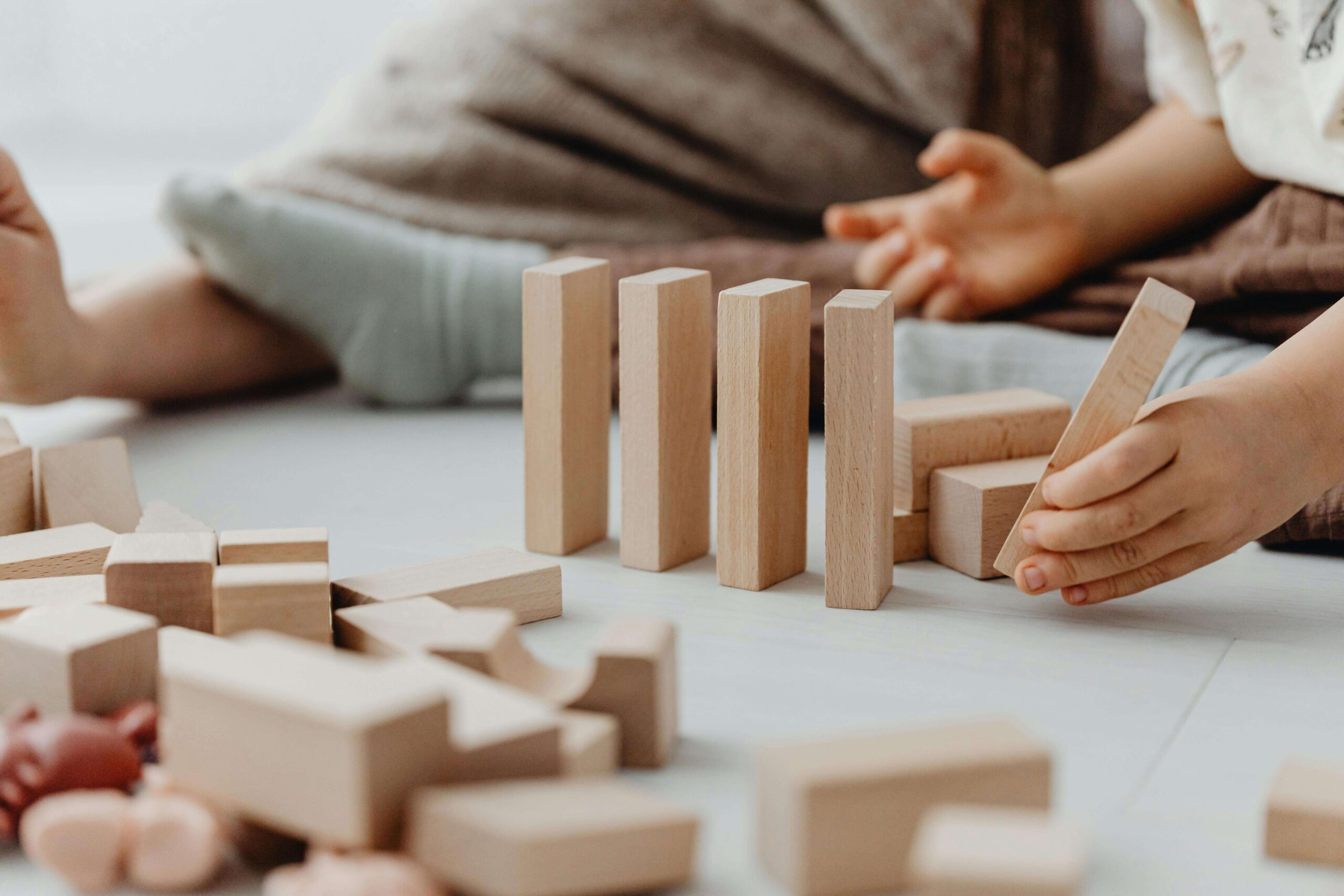
Parenting young children — especially between the ages of 0 through 7 — can feel like a blur of meals, baths, tantrums, laughter, and bedtime stories. Days are often busy, full, and loaded with unexpected events and it’s easy to find ourselves moving from one task to the next without really pausing.
But within the natural busyness of life, there’s something powerful available to us: the choice to create small, intentional moments to pause, for us and our children.
These moments — even just a few seconds — can become the foundation for emotional intelligence, secure attachment, and a child’s healthy development.
Children in early childhood are developing their sense of the world, their sense of self, and their emotional capacities — all at once. They are learning:
When we pause, even briefly, to truly notice our children — to offer them our calm attention — we are co-regulating with them. Co-regulation is the process by which an adult helps a child manage their emotions, by lending their own steady emotional state. Over time, this helps children build the skills to regulate their own feelings independently.
In fact, these small moments of co-regulation and emotional connection are critical to forming secure attachment, which research shows is linked to higher resilience, better emotional health, stronger relationships, and greater confidence later in life.
Creating a moment doesn’t require hours of preparation or elaborate activities. It can be as simple as:
In these moments, you are sending some of the most important messages a young child can receive:
And most importantly: You model emotional intelligence. Instead of reacting impulsively to challenging behavior, you show your child what it looks like to pause, to notice your own emotions, and to respond thoughtfully.
Here’s a small practice you can weave into your day:
This tiny act — maybe just 30 seconds long — can change the entire tone of your interaction and leave your child feeling seen, soothed, and supported.
These daily micro-moments of connection and co-regulation teach your child that:
And for you, as the parent, it builds your own capacity for emotional presence and self-regulation, making parenting feel less reactive and more connected — even on hard days.
In a world that often pushes us to move faster and do more, creating small intentional moments isn’t just nice — it’s essential. It’s within these pauses that emotional intelligence is born, secure attachment is built, and deep, lasting bonds are formed.
One moment at a time.
Leave a comment